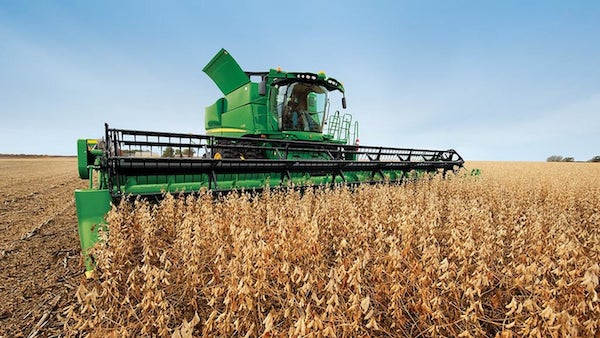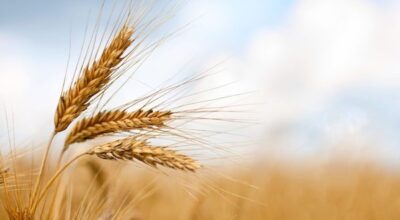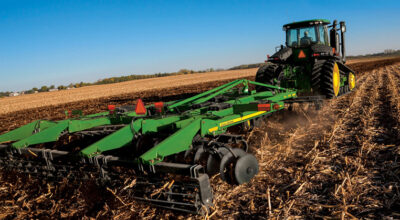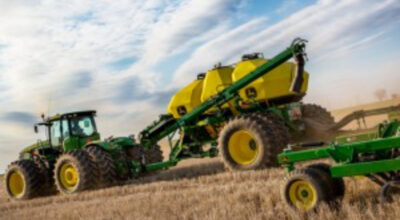Wheat producers know that they are up against a wide array of crop diseases every season. However, there are preventative measures they can take to ensure that these threats do not impact their yield. By being proactive, producers can do everything in their power to maintain their wheat, and ultimately, their bottom line.

What is Volunteer Wheat?
Volunteer wheat is a problem that some producers may run into, and failing to address it can contaminate the harvest. When crop and herbicide rotation are not utilized in fields, volunteer plants can grow and thrive. Volunteer wheat, in particular, comes from past crops.
On occasion, they appear because not all of the seeds from the last crop were completely harvested. If these seeds are able to survive the winter, they can grow alongside next year’s crop. Volunteer wheat then ends up competing with the desired crop in the field for that year, thereby contaminating the harvest.
Understanding Associated Losses
Producers who fail to control this issue may suffer a wide array of issues as a result. Diseases, aphids, hessian flies, moisture loss, and increased weed seed are all real risks that may present themselves. At the end of the day, the losses can have an impact on producers’ gains while reducing their overall productivity.
Scouting for Volunteer Wheat
Producers can scout for volunteer wheat while out in the field. These plants have oblong seeds that are reddish in color and very small. The seed life of this weed living in soil is between one and three years. Their most common locations are flax and canola fields.
Controlling Volunteer Wheat
There are a few steps that producers can take to control volunteer wheat and keep it from having a large impact on yield. First, they can go over the herbicides chemistry for burn-down application before planting. They can then integrate post-harvest cultivation into their field maintenance practice. Planting certified seeds can reduce the odds of this weed taking hold of a particular field.
Rotating crops, group herbicides, and herbicide-tolerant plants are all best practices when it comes to addressing this issue. Controlling weeds in a timely matter can also help producers reduce the yield loss risk.
If you have any questions about any John Deere machinery and how it can potentially help you with your wheat crops, you can contact your local John Deere dealer.
If you enjoyed this post or want to read others, feel free to connect with us on Facebook, Pinterest, Twitter, or Instagram!


